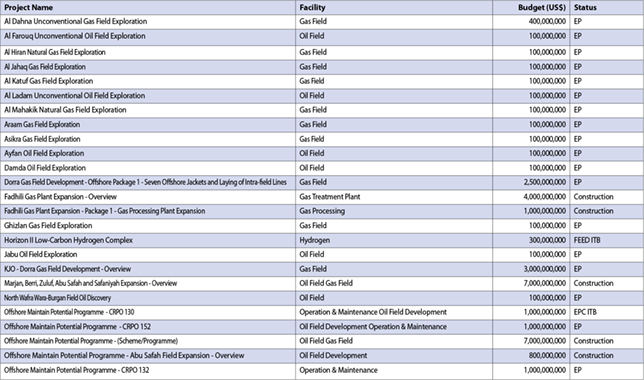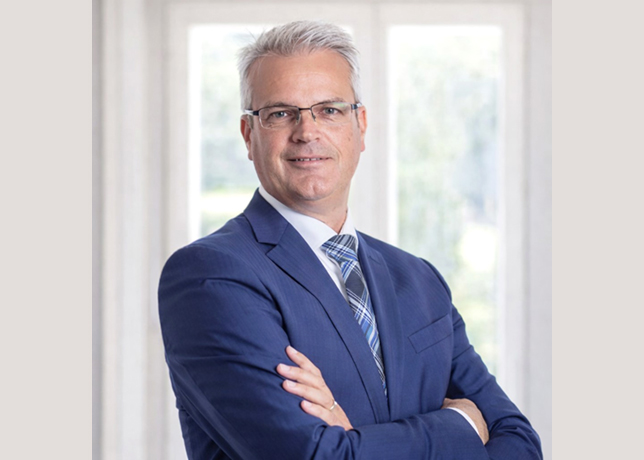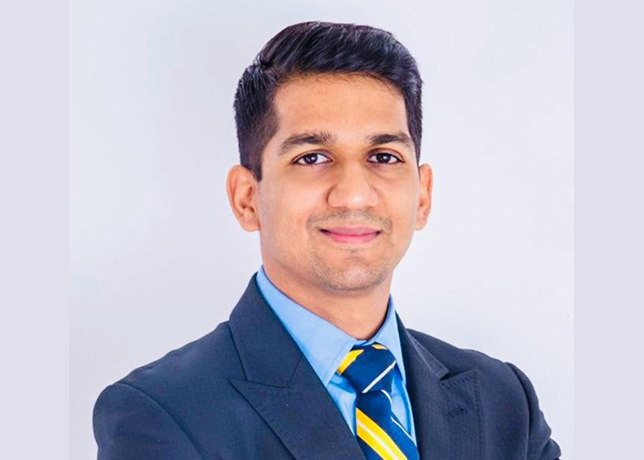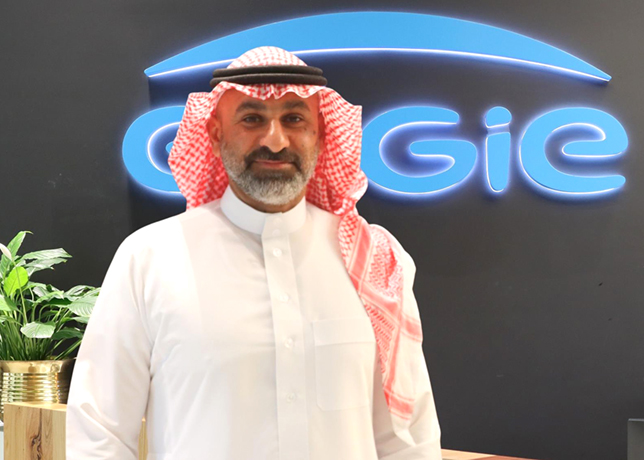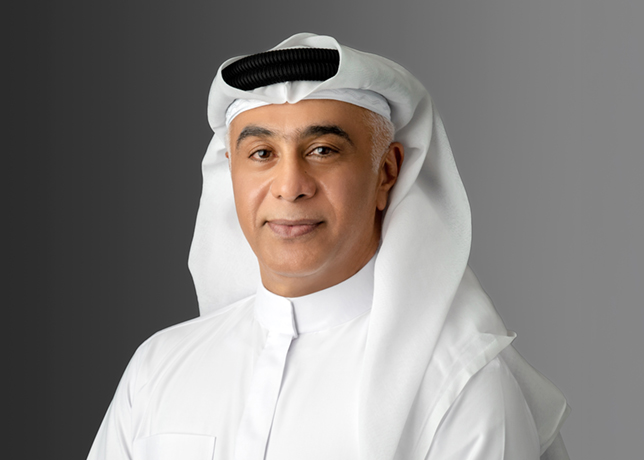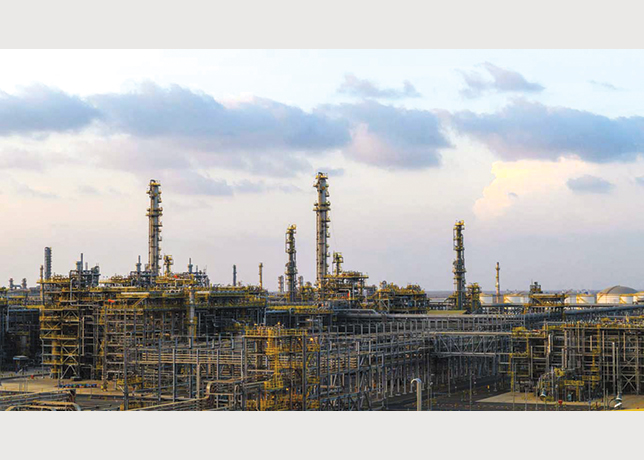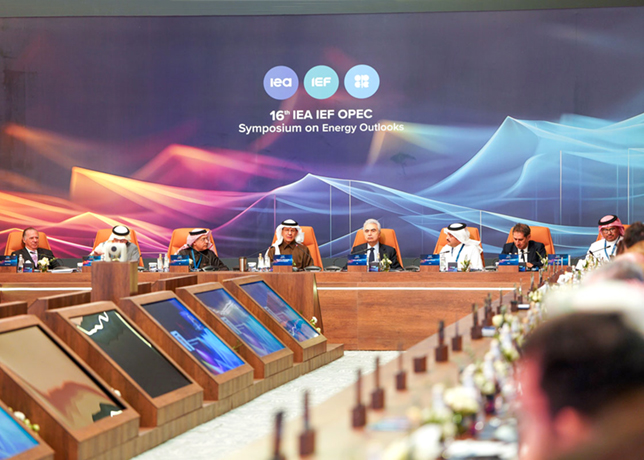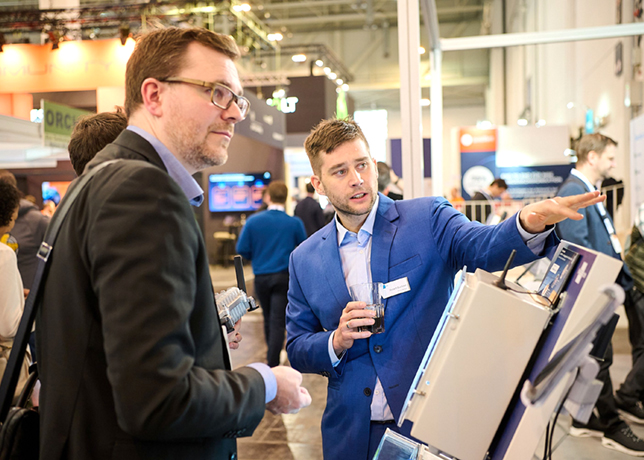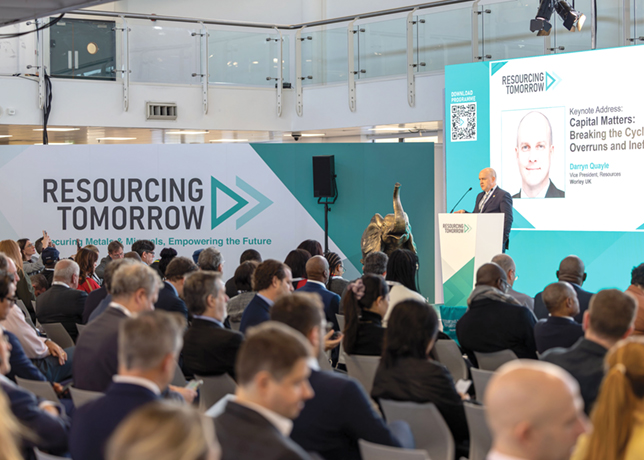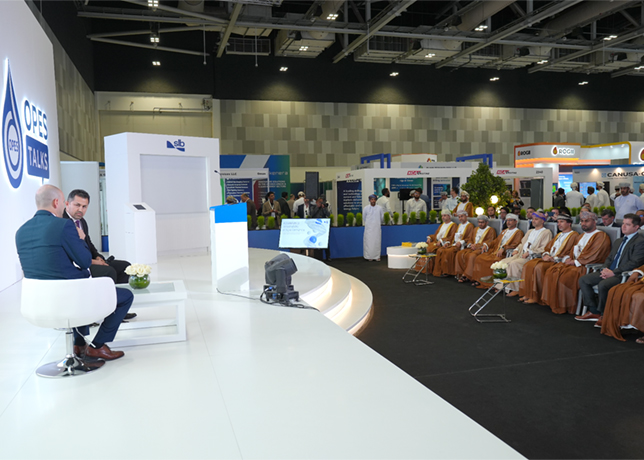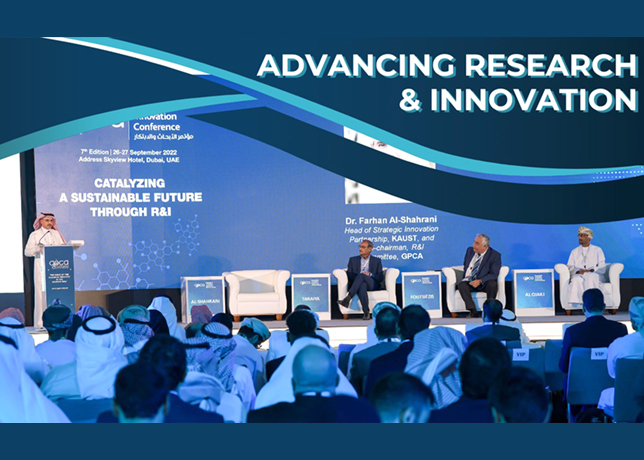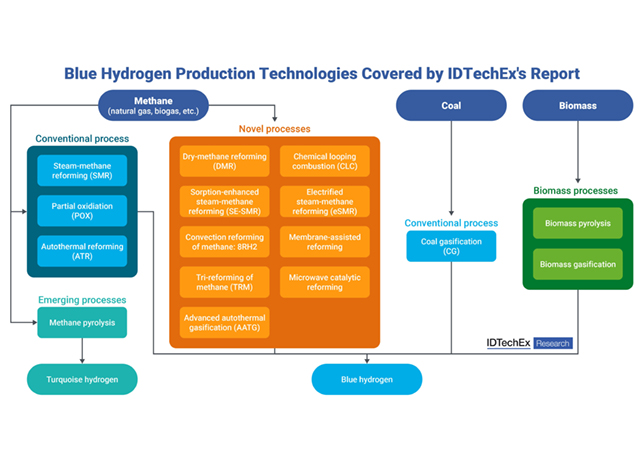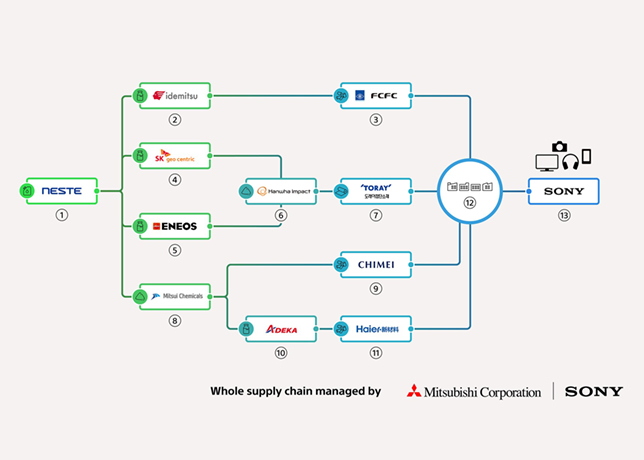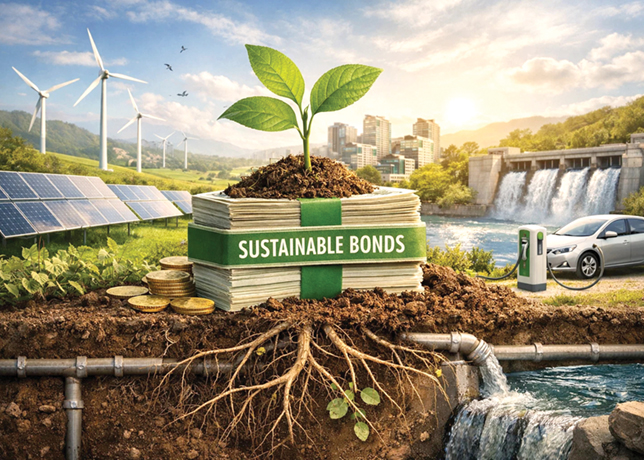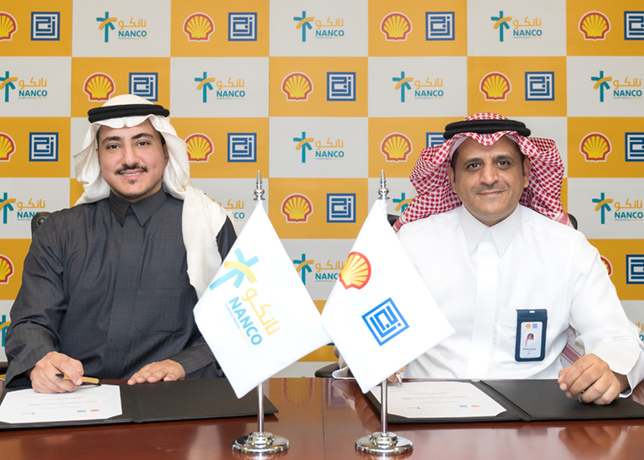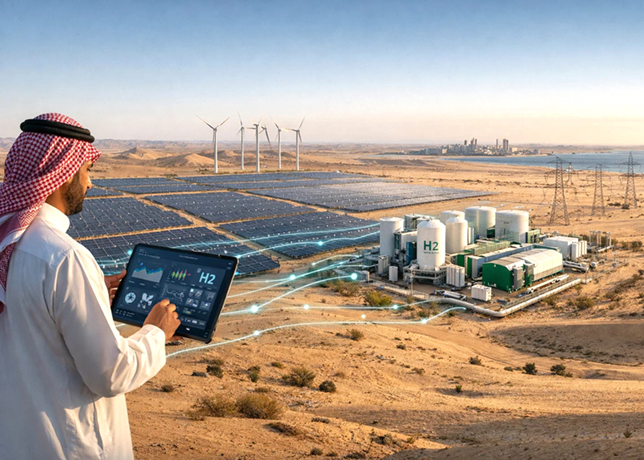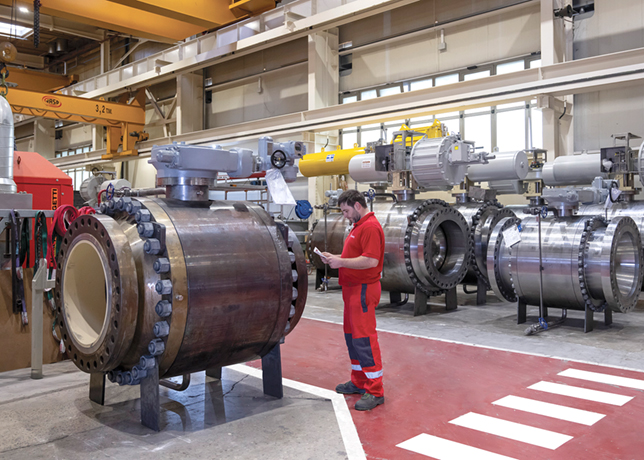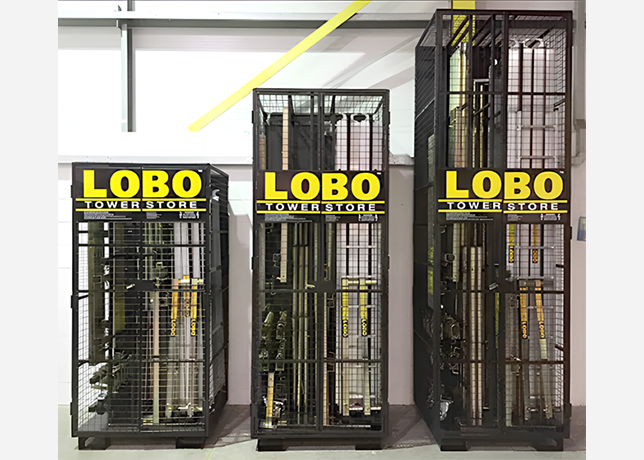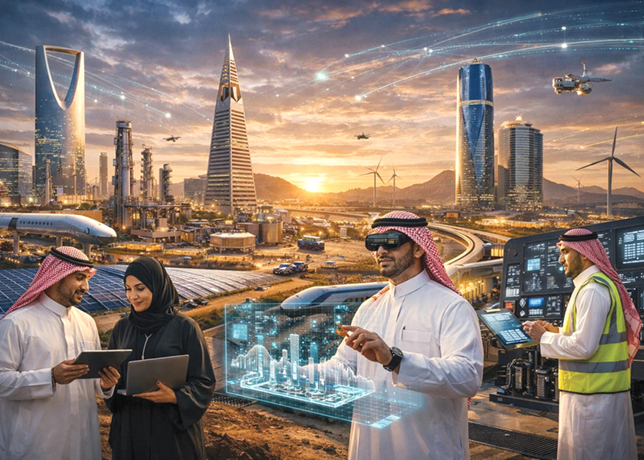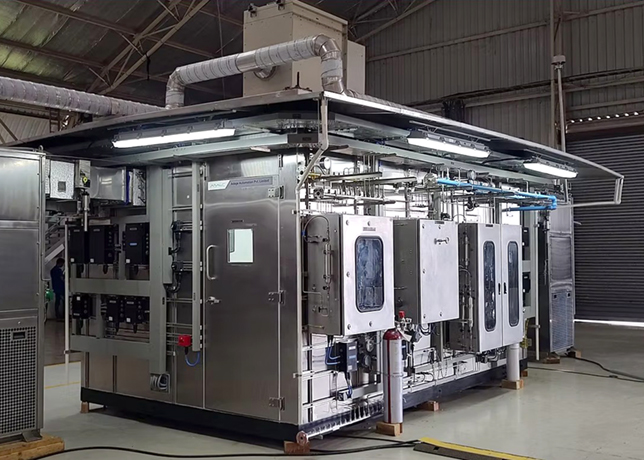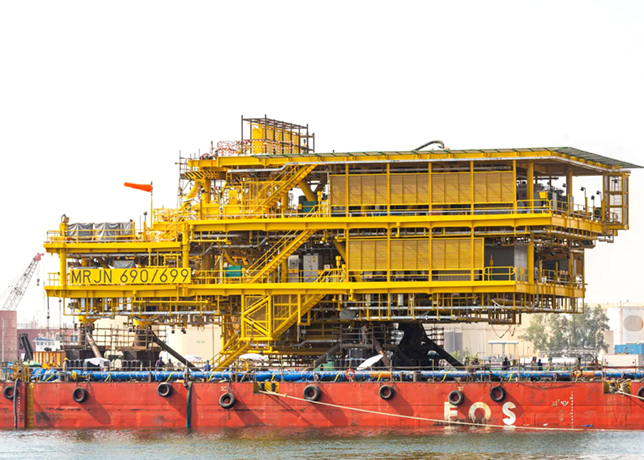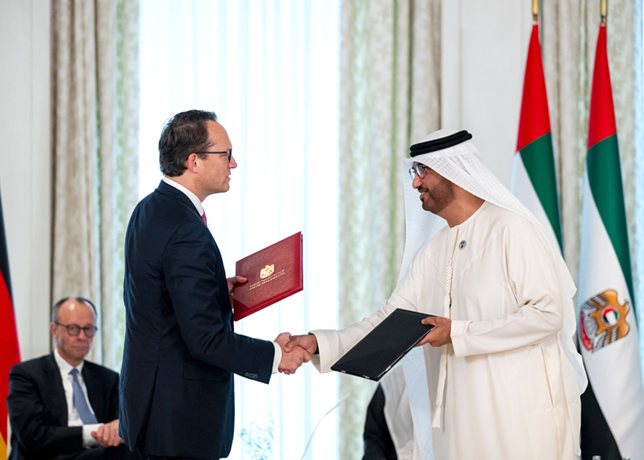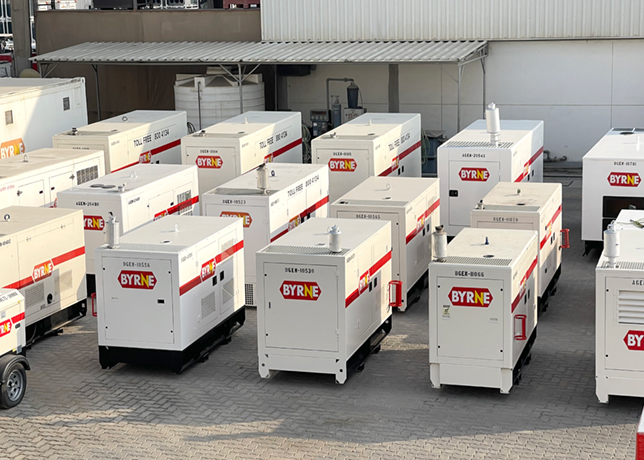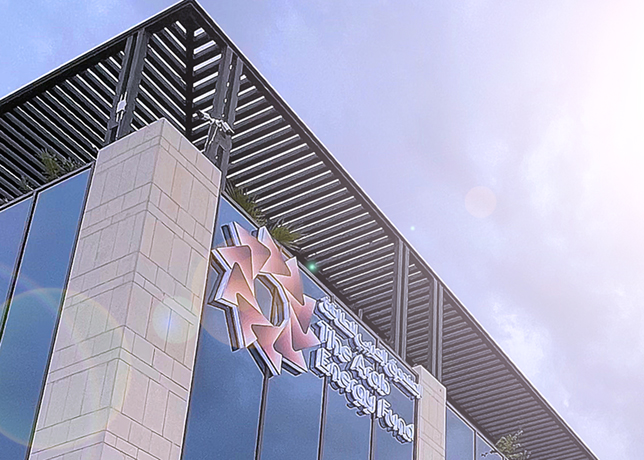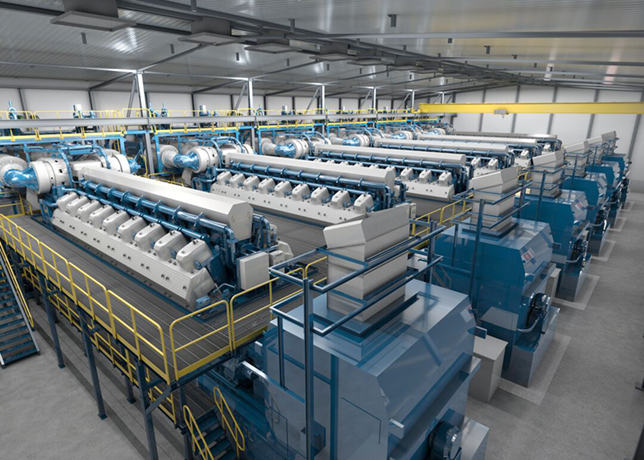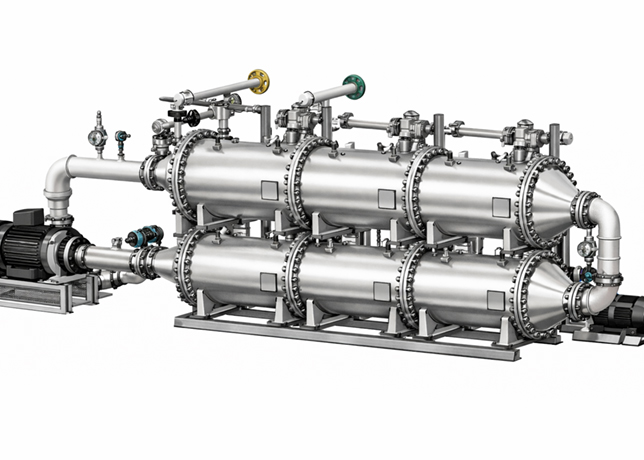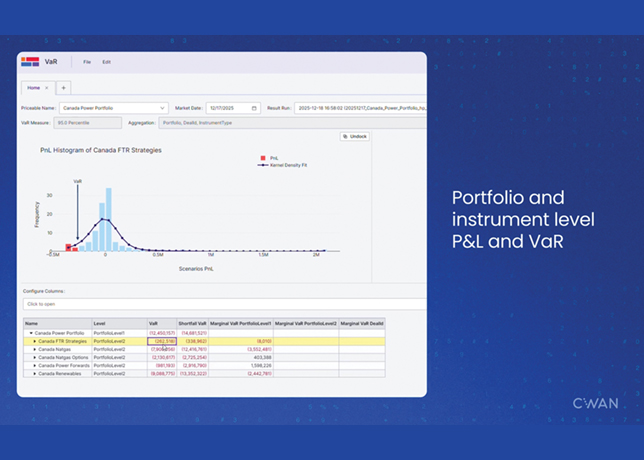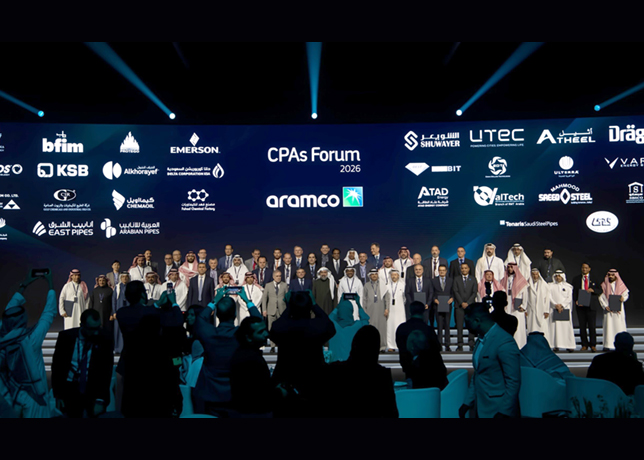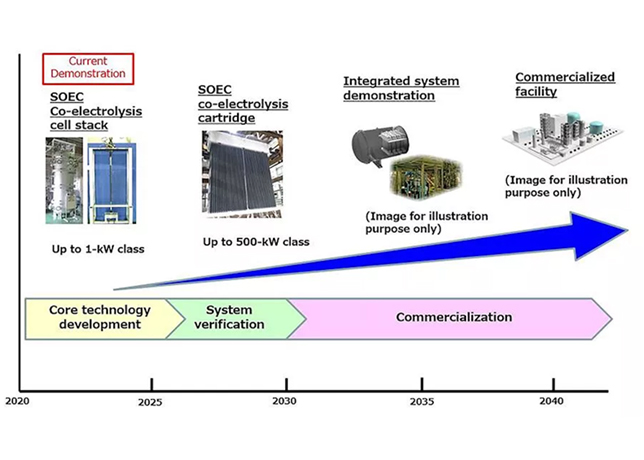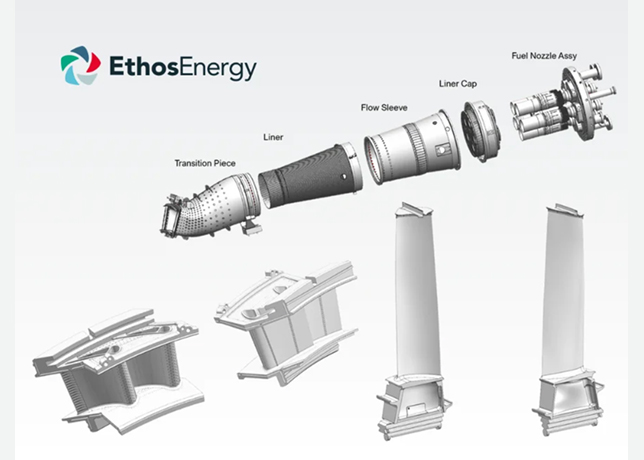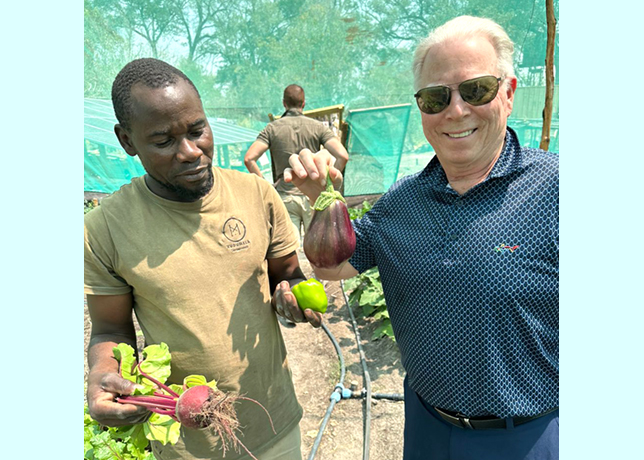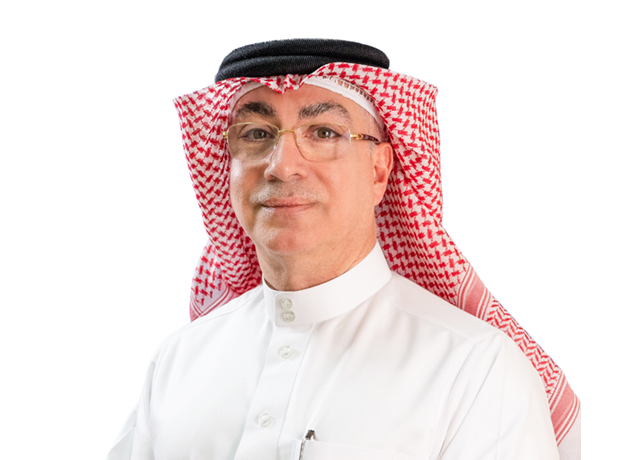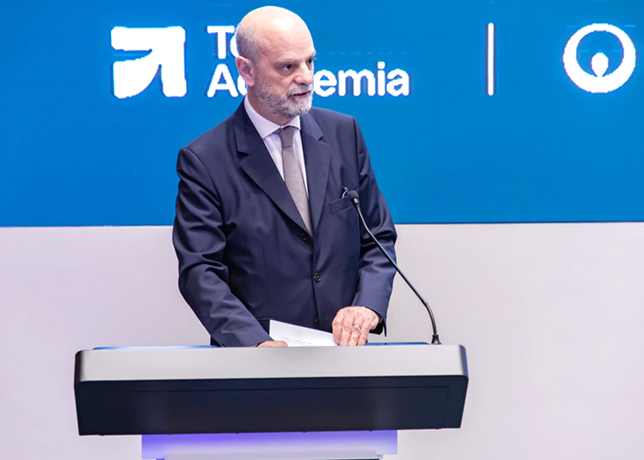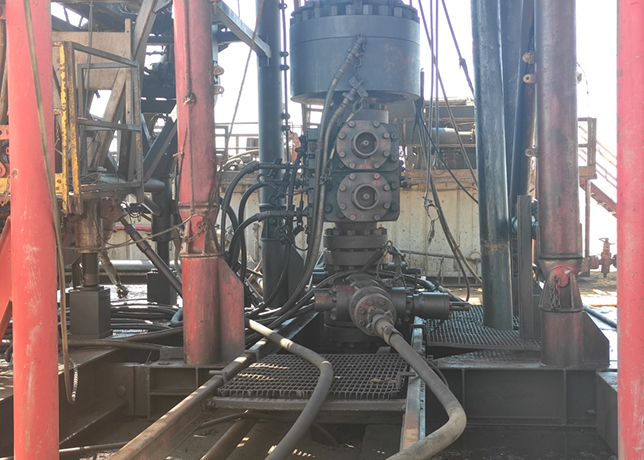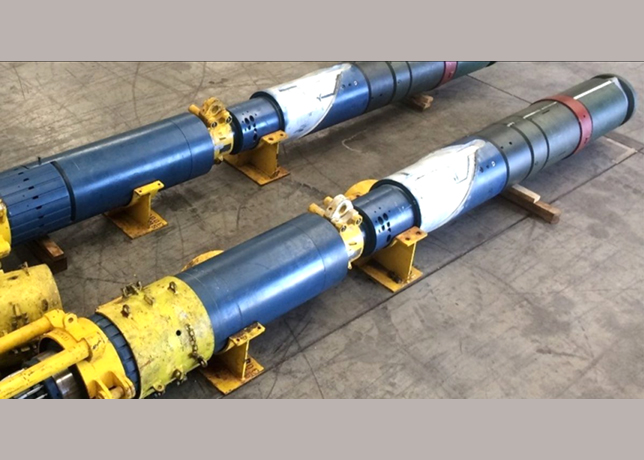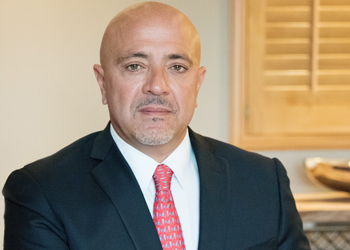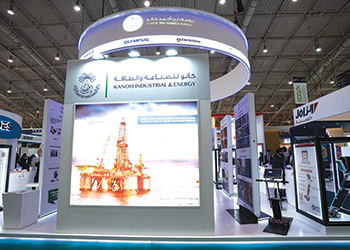
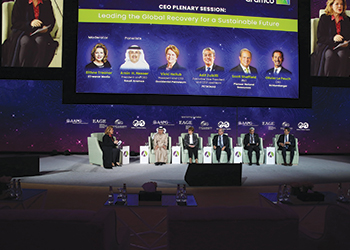 The CEO Plenary session at IPTC
The CEO Plenary session at IPTC
The 14thd edition of the International Petroleum Technology Conference (IPTC) concluded with speakers disproving the assumption that the world needs to abandon oil and gas to avert an environmental crisis.
Hundreds of energy professionals converged on the Riyadh International Convention and Exhibition Centre in Riyadh, Kingdom of Saudi Arabia, with industry leaders and experts, energy professionals, academia, and students, discussing, debating, and sharing insights about the latest developments, challenges, and trends in the industry.
IPTC 2022 was held from February 21-23 under the patronage of His Royal Highness Prince Mohammed bin Salman, Crown Prince, Deputy Prime Minister and Minister of Defence of the Kingdom of Saudi Arabia, and with Saudi Aramco as exclusive host
This year’s IPTC had 5 panel sessions, 2 "Ask The Experts" sessions, over 100 technical sessions, more than 150+ knowledge sharing e-poster presentations, diversity and inclusion workshops, young member activities, an Education Week, and the IPTC Excellence in Project Integration Award.
The event was supported by more than 160+ sponsoring and exhibiting organisations.
In the CEO Plenary Session, themed ‘Leading the Global Recovery for a Sustainable Future’, Amin Nasser, President and CEO, Aramco, said: "We need to have better engagement to work together with the support of policy makers around the world. Demonising the industry is not going to solve anything, and this is what is happening today. This industry is being demonised, and now we have a crisis, and they are looking back at this industry and saying we need the solution.
"We can have a solution, but we need to work together. We need to ensure there is adequate investment, there is decarbonisation with support of regulators. You cannot look only at alternatives; you need to work in parallel and look at existing energy sources and new energy sources. And unless you have a plan B fully done and completed and ready, you cannot ditch plan A."
Adif Zulkifli, Executive Vice-President and CEO, Upstream, Petronas, said: "I think there is a lot of focus now in terms of cleaning our industry, a lot of focus on decarbonisation, putting investment into technologies that will allow us to decarbonise, and I reckon that oil and gas, especially gas, can be a lot more competitive when compared to other green energy and with that, we should be able to attract enough funds and capital to continue to invest and bring capacity up."
Talking about the future, Olivier Le Peuch, CEO, Schlumberger, said: "We have a challenge, but I think we can turn it into an opportunity. We can contribute to accelerate the decarbonisation of oil and gas through technology and it’s not only the shift from oil to gas; I believe it’s using technology at every step of the upstream, midstream and downstream to decarbonise operations. If we do that well, our industry will not only thrive in the future, but we’ll survive and be more resilient than we ever anticipated to be."
The Executive Special Session focused on the theme ‘Navigating Through a Dynamic Market’ with panelists addressing both current and future challenges on the horizon.
Nasir Al Naimi, Senior Vice-President, Upstream, Aramco, said: "I think the transition narrative has only been focusing on the most severe case or scenario, which is not real and that’s in the IEA’s 2050 net-zero. It means you need to reduce coal by 98 per cent, you need to reduce oil by 64 per cent, and gas by 57 per cent, and this is a $93 trillion world economy that is 80 per cent based on fossil fuels."
He added: "So, you cannot literally flip a switch and you’re there. We are going to be producing oil and gas and while doing that, we’ll be doing it sustainably. Oil and gas is here to stay. We need the brightest minds in the industry, and we need to continue to attract young and talented people, so they take us to the next level."
Clay Neff, President, Chevron Middle East, Africa, South America Exploration and Production Company, said: "All forms of energy are going to be needed. Oil and gas is going to be a critical part of the mix. Any rational analysis of the future sees oil and gas as continuing for decades to come, but we are going have to do that in a responsible way. We are going to have to continue to drive down emissions and while we are doing that, we have to continue to build these scalable material businesses like in hydrogen, carbon capture and renewable fuels and others."
Also hosted at IPTC, the Excellence in Project Integration Award went to Eni for the Zohr project.
The award recognises completed projects of $500 million or more, that add value to the industry by exemplifying strong teamwork, solid geoscience knowledge, reservoir and production engineering acumen, determined and watchful construction, outstanding facilities engineering practices, pervasive culture of HSE, and a positive impact on the country, the region, and the world.
Meanwhile, the Diversity and Inclusion (D&I) workshop featured insightful discussions on tolerance to understanding, D&I initiatives that drive sustainable results, the future of artificial intelligence, equity versus equality, and more.
The well‐attended seminar on technology advances and energy transition for sustainability, took participants through different initiatives related to sustainability such as leveraging carbon capture, utilisation, and storage to enable sustainable energy supply.
Participants in the Education Week programmes enjoyed the opportunity to meet and collaborate with their counterparts from different countries around the world. Enjoyable and memorable experiences were had by all attendees participating in the field trips to Tuwaiq Mountain and Dahil Heet.



